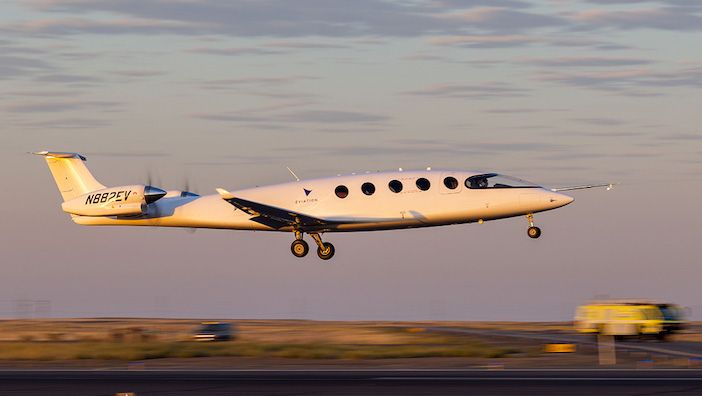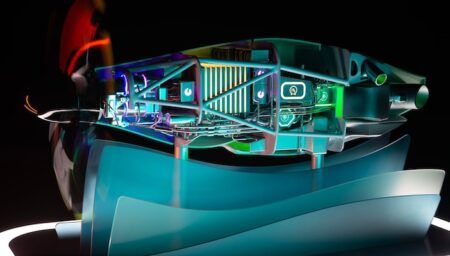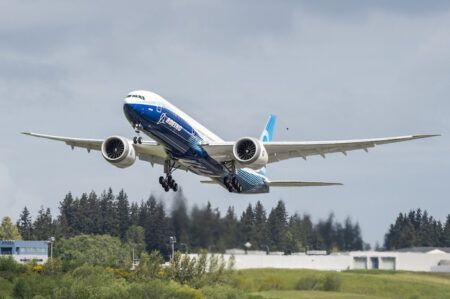Eviation has laid off most of its staff and ceased work on its Alice battery-electric aircraft as additional funding is sought to continue development.
As reported by the Air Current last week, and confirmed by a statement from company CEO Andre Stein the Arlington, USA-based company is ceasing operations and laying off staff to give it “time to explore strategic opportunities”.
According to reports most staff at the Eviation, which was founded in 2015 and employed around 30 people, were laid off last week.
Eviation’s nine-seater Alice aircraft is targeted at the commuter and cargo markets and has been designed to have a top speed of 300mph (480km/h), a range of up to 250 miles (400km), and the capability to stay in the air for up to two hours.
Three variants were being developed, as well as the nine-passenger commuter version – a six-passenger executive version and an cargo version with a 2,500 lbs (1,100kg) maximum payload.
Eviation planned for the aircraft to start certification testing this year and to enter service by 2027. The aircraft made its first and only flight – for eight minutes – in September 2022.
According to Eviation it has more than 600 orders for Alice, including from DHL Express, Air New Zealand, and GlobalX.
Singapore-based investment fund Clermont Group is the main shareholder in Eviation. The Clermont Group is also the majority shareholder in electric motor company magniX, which was to supply Alice’s powertrain.
According to reports, the Clermont Group, whose portfolio of company’s also includes healthcare and finance companies, is seeking additional backers to continue Alice’s development. “The Clermont Group remains committed to revolutionizing air travel through innovative electric solutions,” it said. “We will continue to seek long-term strategic partners who share our vision and passion for building the future of flight.”
The potential shuttering of Eviation comes after a string of high profile bankruptcies and closures of companies and projects developing aircraft that use alternative fuels. These include Universal Hydrogen, Lilium, Volocopter. Tecnam’s electric aircraft, Airbus’ CityAirbus NextGen and ZEROe programs and ATR’s hybrid regional aircraft program.





